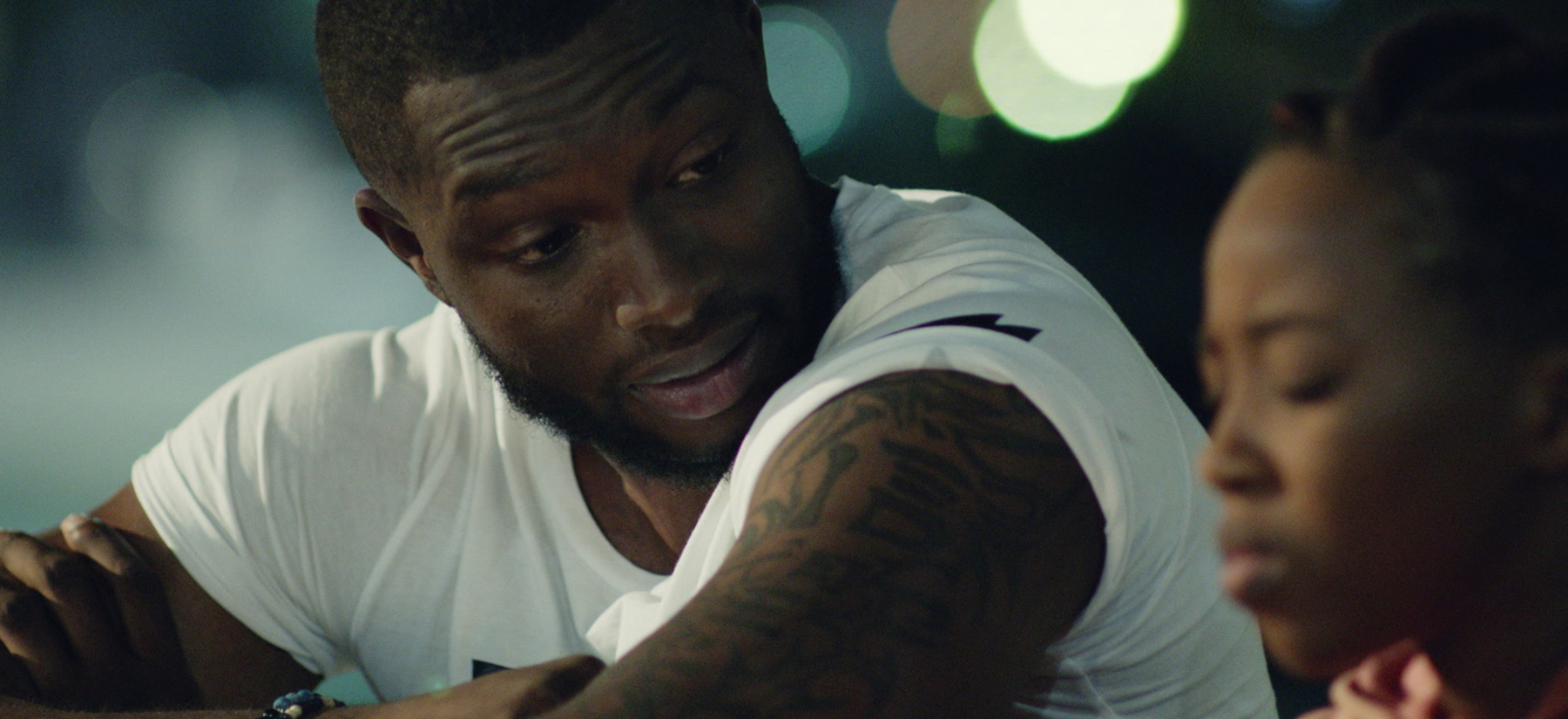Attention Male Allies: It's time to step up
News
08/12/2017

If this was the year of breaking the silence, then 2018 needs to be the year of advocacy.
2017 proved to be a memorable year for the pursuit of gender equality. As Time Magazine put it so well by dedicating its “Person of the Year” to the numerous women who spoke out against sexual misconduct in their industries, it was the year of the “Silence Breakers”.
We saw many women speak out against abusive partners, colleagues and peers in 2017 but now it’s time for men to join the movement in a meaningful way.
In short, we need the male allies to step up.
What is a Male Ally?
Many men mistakenly assume that feminism is exclusively a women’s club. A quick Google search will show you that feminism is defined as:
“The advocacy of women’s rights on the ground of the equality of the sexes.”
This means that if you are a man who believes that women should be on par with their male counterparts, you are a feminist. If you don’t like the word (and many men, for some reason, do not) you might prefer to refer to yourself as a “Male Ally”.
Any man who challenges the discrimination of women, and actively stands against abuse, qualifies as a male ally.
“Male allies are great. Ones who speak up are better.”
I strive to be an ally who does speak up to stop sexism. #TheWomanInTheRoom #Diversity #Inclusion #MaleAllies #WomenInTech #POCinTech pic.twitter.com/EBKE2veeFz
— Better Allies (@betterallies) December 5, 2017
What is the Role of a Male Ally?
Not everybody was born to be on the front lines of a protest, but your role as a male ally can be played in any environment. Think about the workplace, when you hear your male colleagues making inappropriate slurs about women (often in their presence). Or in your private, male circles, when locker room talk gets a little too rowdy. When you pause to observe, you realise that the abuse is everywhere, whether women are present or not.
Being brave enough to right these attitudes in male spaces could result in at least one woman feeling more comfortable in her place of work, a nightclub and eventually, everywhere.
Another important role of the male ally is to draw greater attention to women’s voices. The objective is not to outshine women; a truly valuable ally will be a man who is willing to put his ego aside in order to bring attention to the oppression suffered by any gender that has been treated as “lesser” in society.
Eugene Hung, who calls himself the Feminist Asian Dad, summed this up perfectly in an article he wrote for The Huffington Post when he said:
“We male feminists can [often] forget that our role as allies is to be defined by amplifying women’s voices, not competing with them for influence or for showing what great feminists we are.”

But I’m not Trash… Am I?
When women banded together to declare that #MenAreTrash this year, there was a lot of outrage from the male community. Many men affirmed that they were far from trash because they had never groped a colleague, or made inappropriate advances on a woman and had certainly never laid hands on their partner.
However, when many of these men see another man committing some of the acts mentioned above, the common response is to turn a blind eye. If you see a man groping his female colleague and laughing it off, it’s easier to laugh along than to call him out. If a woman is being harassed in public, it’s easier to walk on by. If your friend hits his girlfriend, it’s almost second nature to say “that’s none of my business”.
The cold truth is that if you stand by and watch abuse taking place in front of your eyes, you are equally complicit, even if you don’t share the same values as the abuser. Action, no matter how small, needs to be taken by men everywhere, particularly those who claim to want to see a change.

Where Do I Begin?
Even the most well-intentioned male feminists have admitted that it’s difficult to figure out how to start being effective. The best place to begin would be to educate yourself and build a better understanding of the issue at hand.
You can do this by engaging your female peers in a discussion. In order to know what you’re fighting against, you need to have a clear picture of how impactful sexism is in the lives of women. You don’t have to ask invasive questions, but prove yourself to be a man who is willing to listen in order to know better.
Your education doesn’t end after you speak to the women in your life. You also need to be aware of the male behaviours that have led to the many crises we are fighting against.
Why do men abuse? Why do men feel entitled to women’s bodies? Are men’s mental health concerns sufficiently addressed at the appropriate ages? The answers to these questions are varied and lengthy, but only by understanding both the victim and the perpetrator, will you begin to see how you can make a difference.
If you feel like you want to reach out beyond your existing circles, you can take your education online. I have been blessed to follow a great number of African feminists who have helped me increase my education over the past few years.
Their work and messages have inspired me to use my talents for a greater purpose and I would advise you to follow, and when you get a chance, open the platform for discussion with any of the women below on Twitter:
@MbongoMuffin (Who writes for MTV Shuga regularly, read one of her articles here)
@MelanieJudge
@LadySkollie
@_Zanie
@MaS1banda
@Phroetiq
@THISisLULE
@ManeoMohale
@drtlaleng
@_Sinesipho_







comments
Log In or register to comment